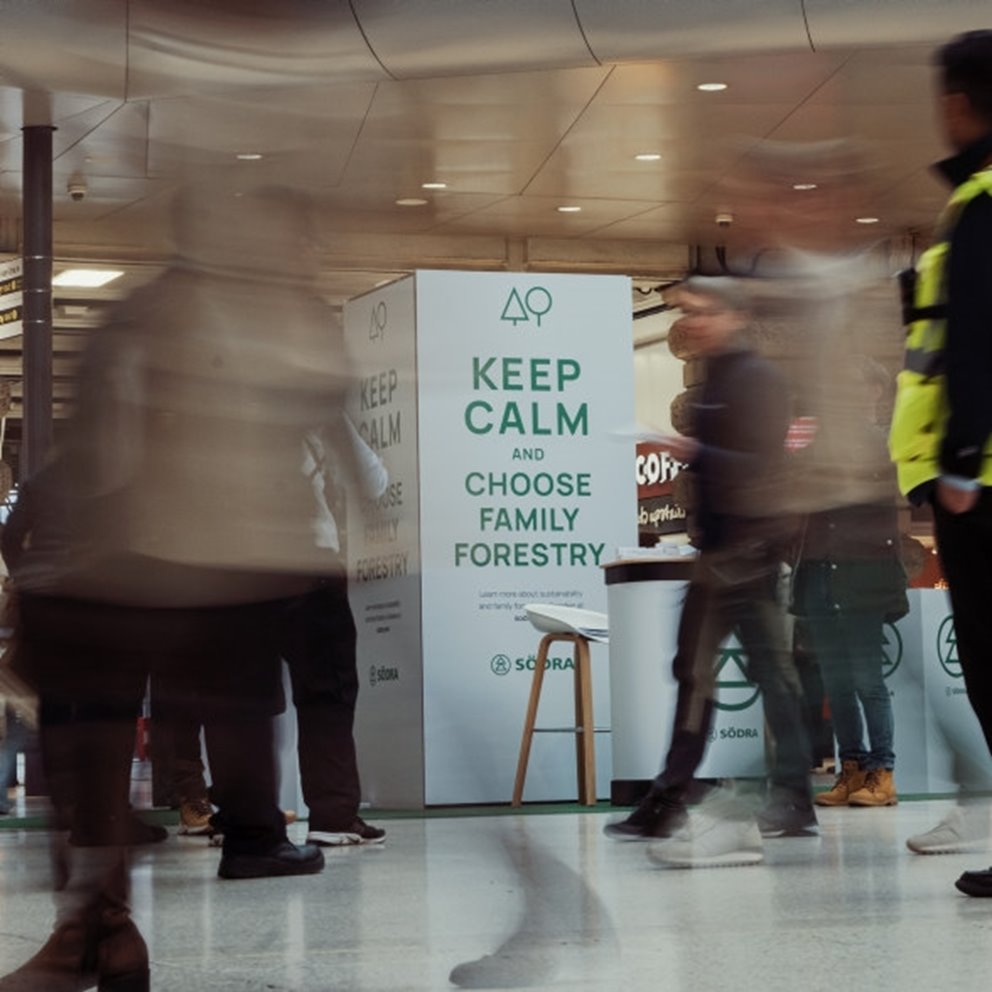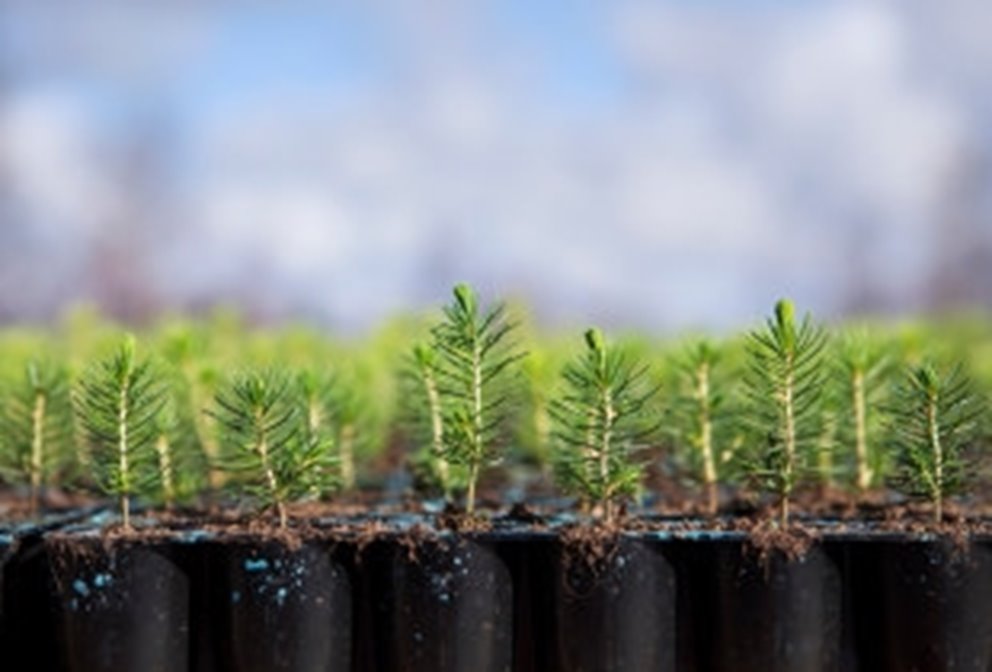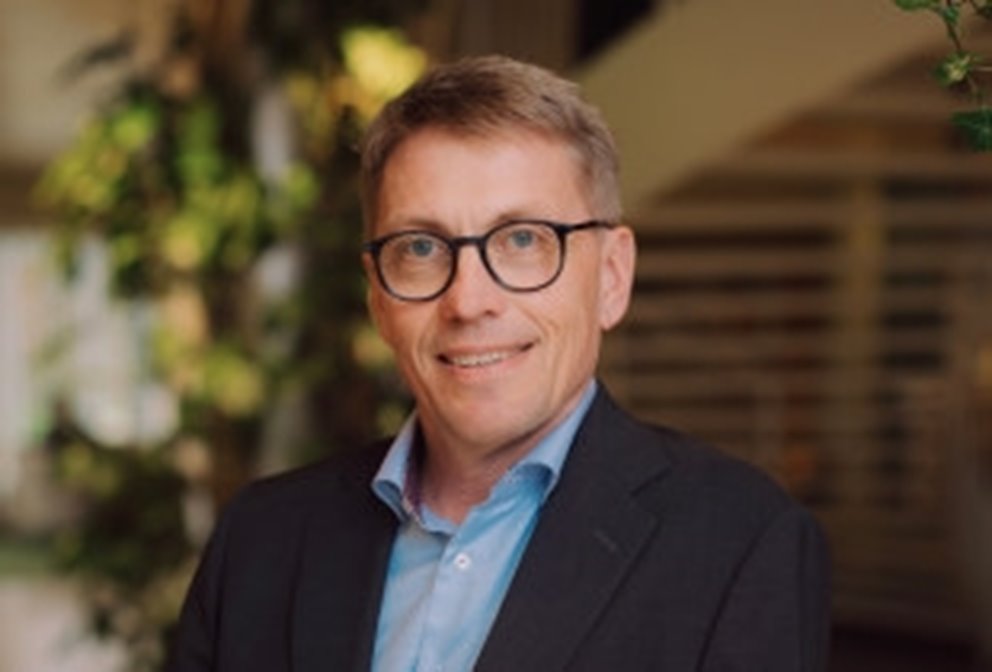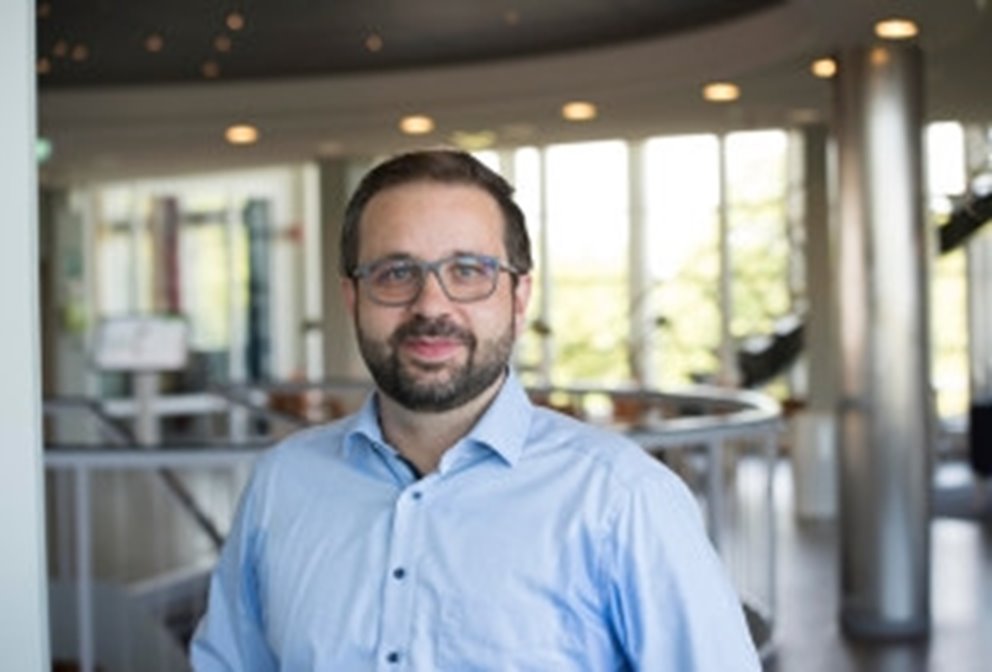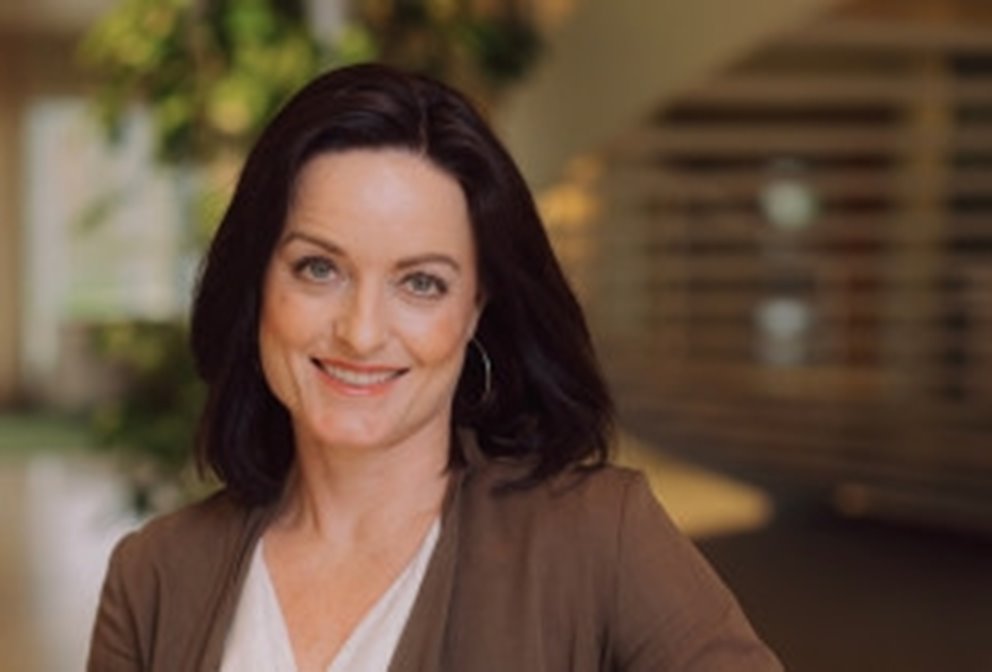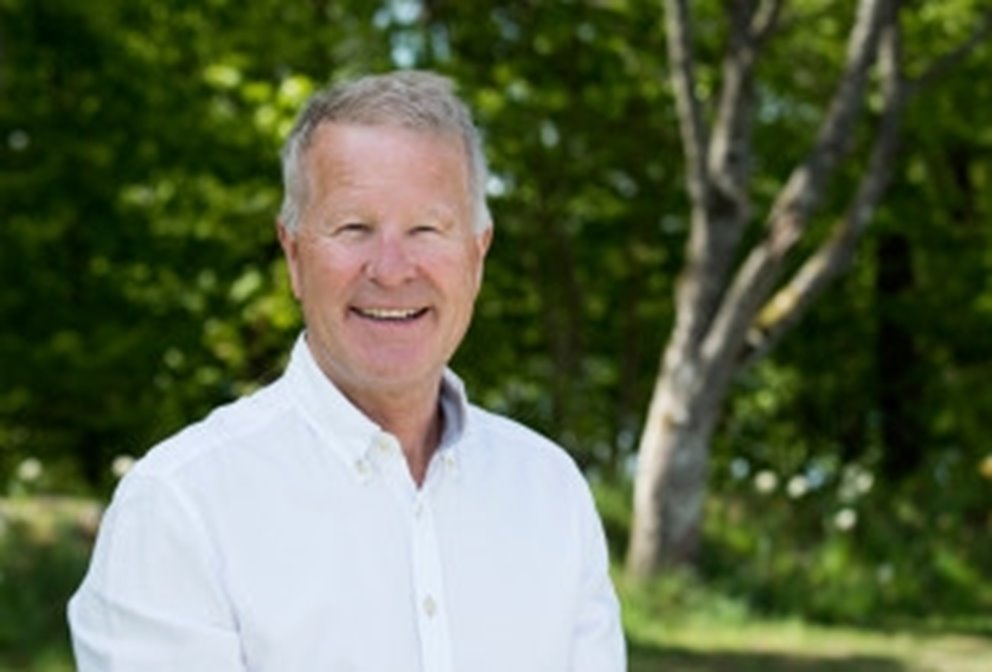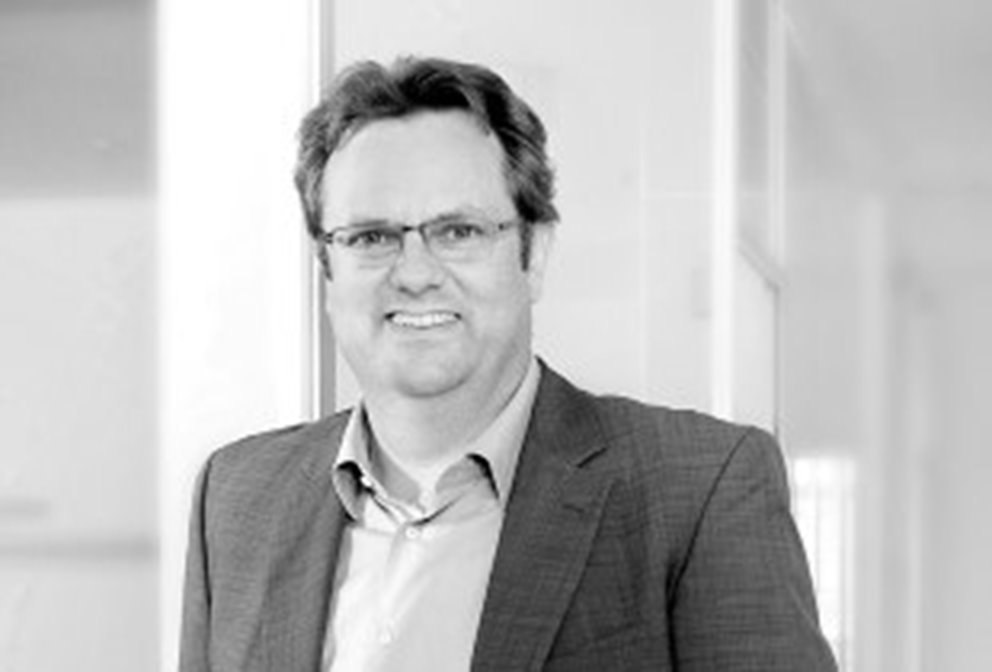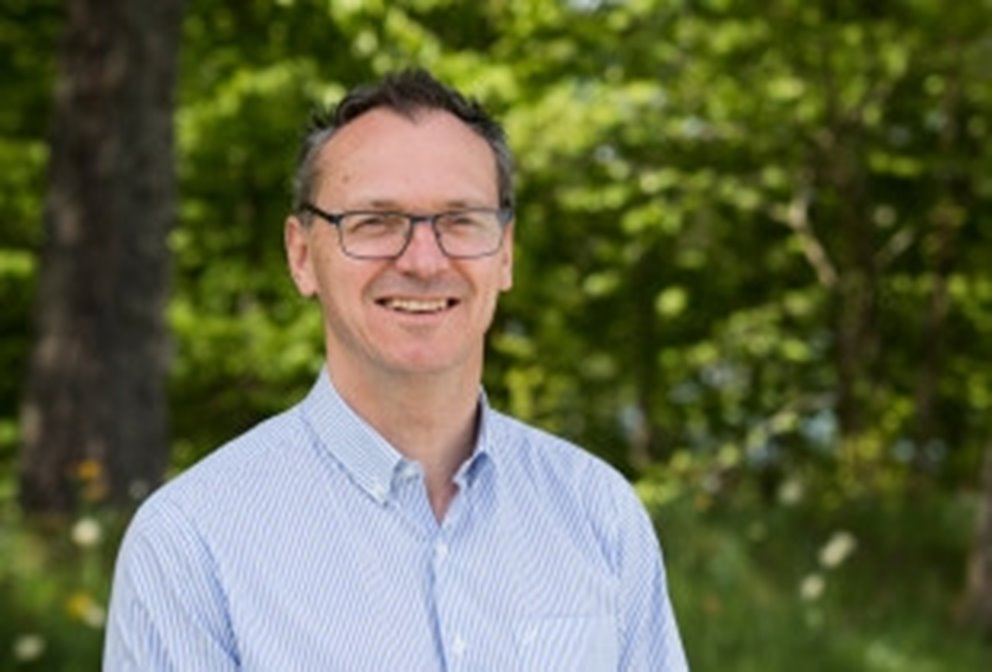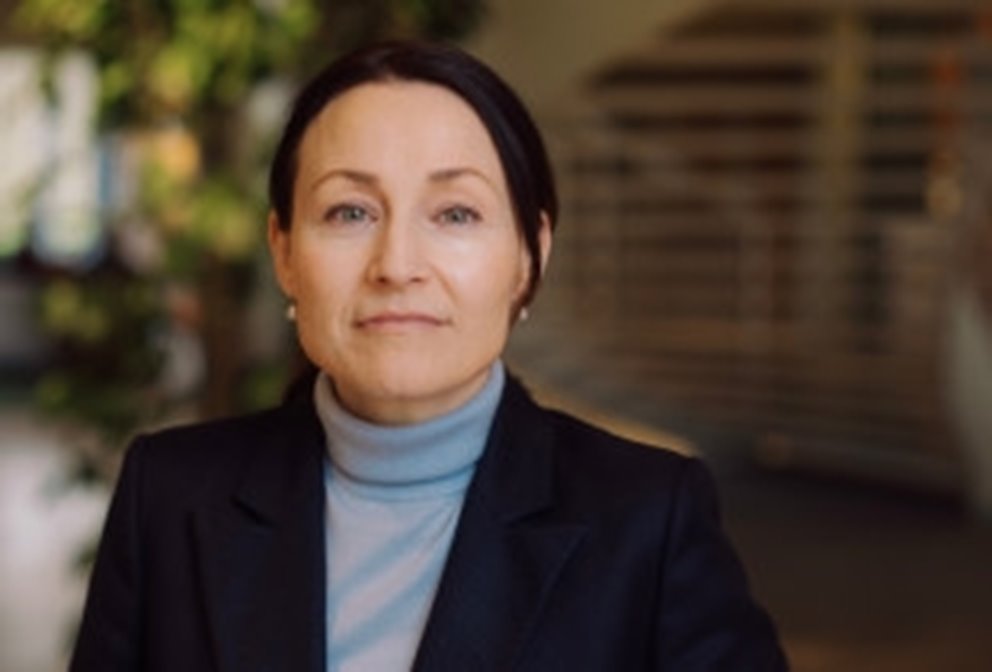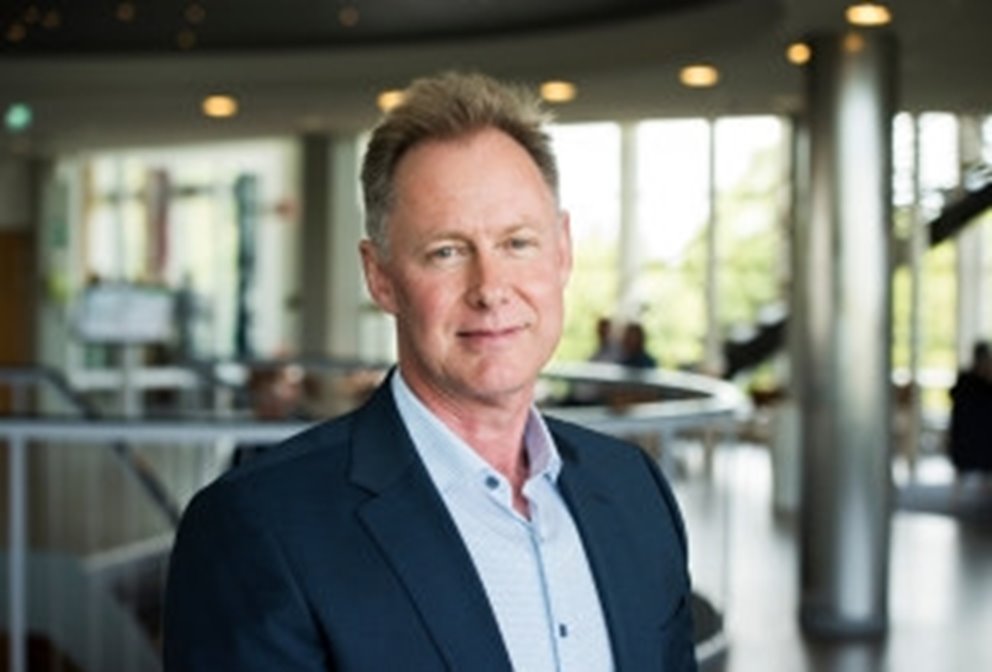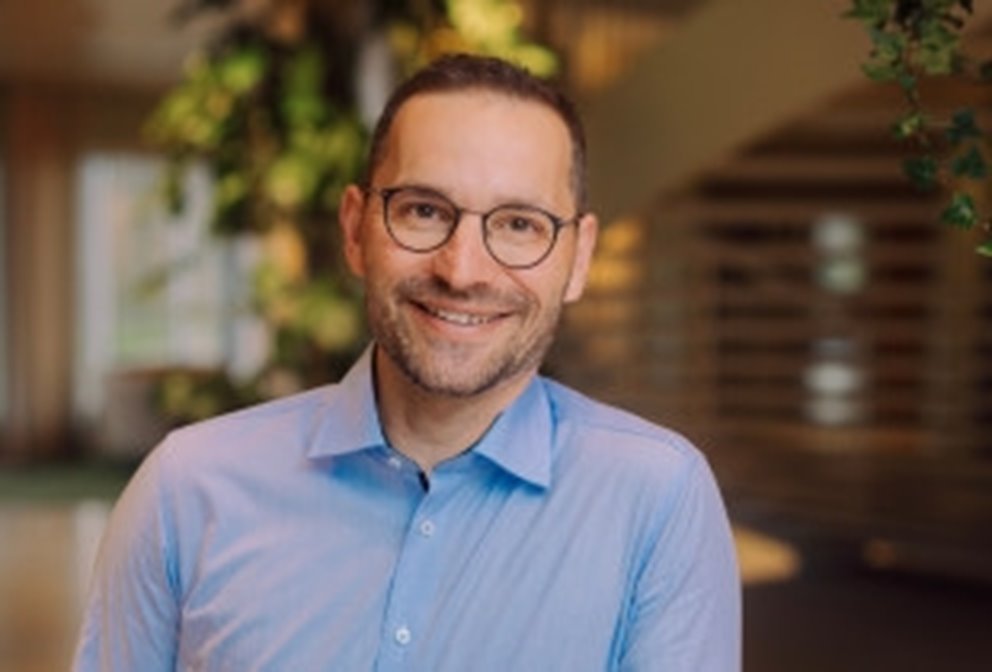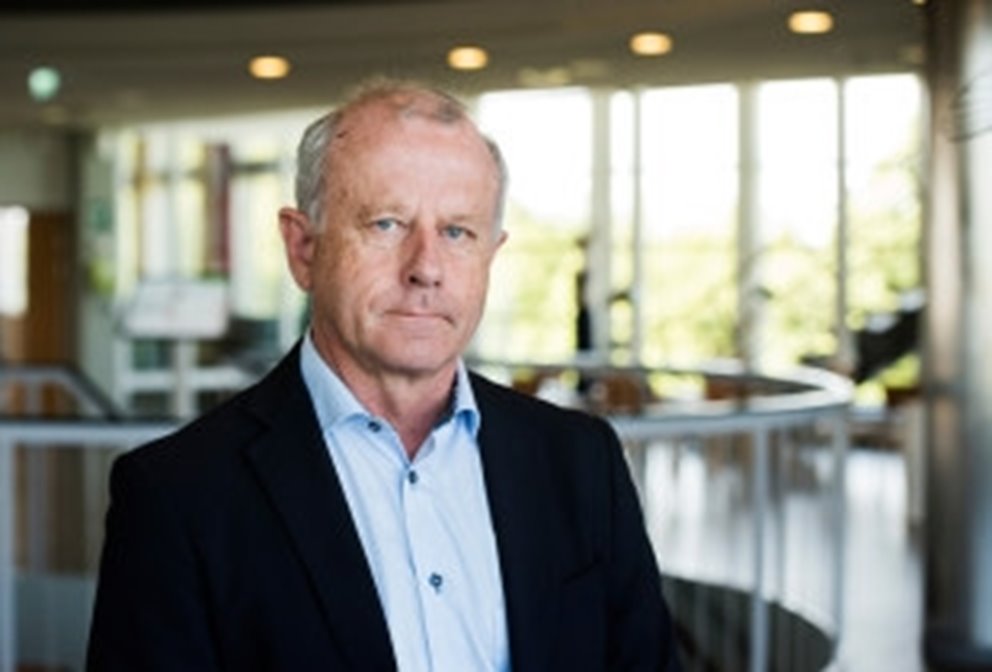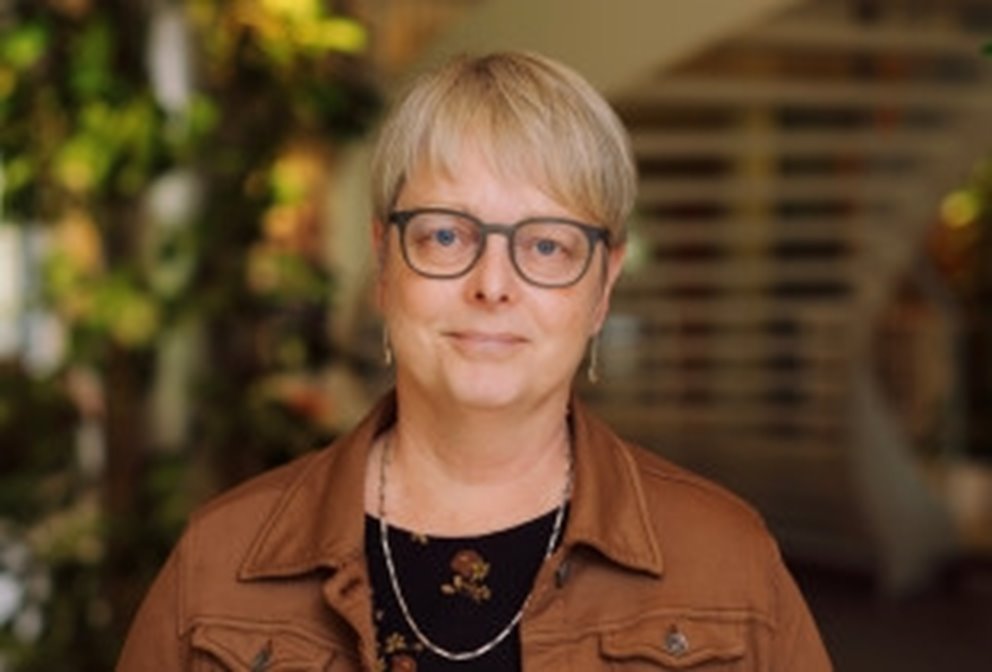Sustainability and purchasing decisions
Sweden and family forestry
Paper pulp and a fossil-free future
Frequently questions about family forestry from Södra
| Shouldn´t we leave every tree standing fo the sake of the climate? | |
Climate change has been caused by man's use of fossil resources, and we believe that phasing out their use is the world’s number one priority. The forest and forest products have an important role to play in helping reduce our dependence on fossil-based materials. Sustainably-managed forests can be a renewable source of material to make products and energy to replace fossil-based ones. | |
| We´re in a hurry- shouldn´t we use the forest in the short term for carbon sequestration? | |
The forest plays an important role in carbon sequestration, but it is also a carbon store that is vulnerable to storms, fire or insect infestation, all of which we have experienced in Sweden, not least in Götaland. It is therefore a risky climate strategy to just leave the forest standing and to enable the continued use of fossil resources instead of using the forest raw material to reduce our dependence on fossil fuels. Climate change is bringing higher temperatures and more extreme weather, further increasing the risks of relying on old forests. We’re already seeing widespread climate-related damage to forests in Central Europe. | |
| How is biodiversity affected by our forestry? | |
People have an impact on the forest. That’s why it’s important that our forestry methods are devised to ensure biodiversity. In the last 20 years, more trees have been left to grow old, the introduction of hardwoods into coniferous forest has increased and more dead wood has been left undisturbed. These initiatives are important for many species and contribute to a more varied forest landscape. But the work does not stop here: we are continually developing our forest management for climate resilience. We take decisive action to preserve biodiversity, both through good environmental practice in all our forestry activities, and through forests which are set aside voluntarily for nature conservation. | |
| Is there a risk that today’s efficient forest practices will lead to monocultures? | |
Only 20 percent of the forests managed by Södra's family forest owners have a single tree species dominating by more than 70 percent. Most of the forests consist of mixed species. 16 percent of our members' forest area, or around 2.7 million hectares, is dominated by deciduous forest. Within the production areas, the trees are often roughly the same age, because this makes cultivation easier. But even here you’’ find set-aside areas, buffer zones and “eternal” trees that help make the forest varied and inviting. We want to make it easier for forest owners to create greater diversity by developing methods to create mixed forests of pine and spruce, but also by cultivating more hardwood seedlin. |
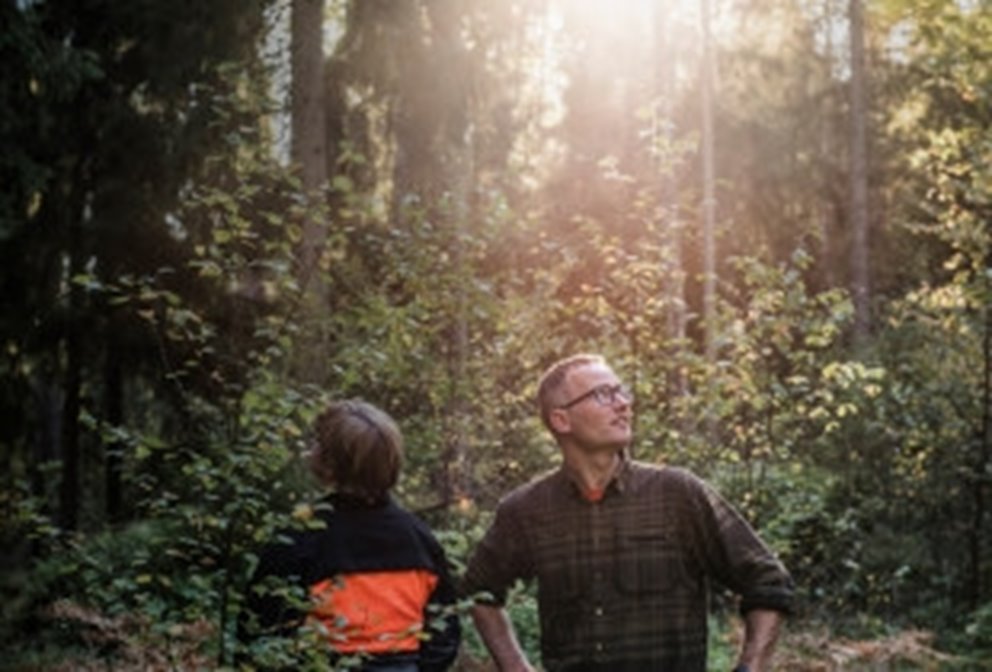
We are family forestry
TBD
Contact us
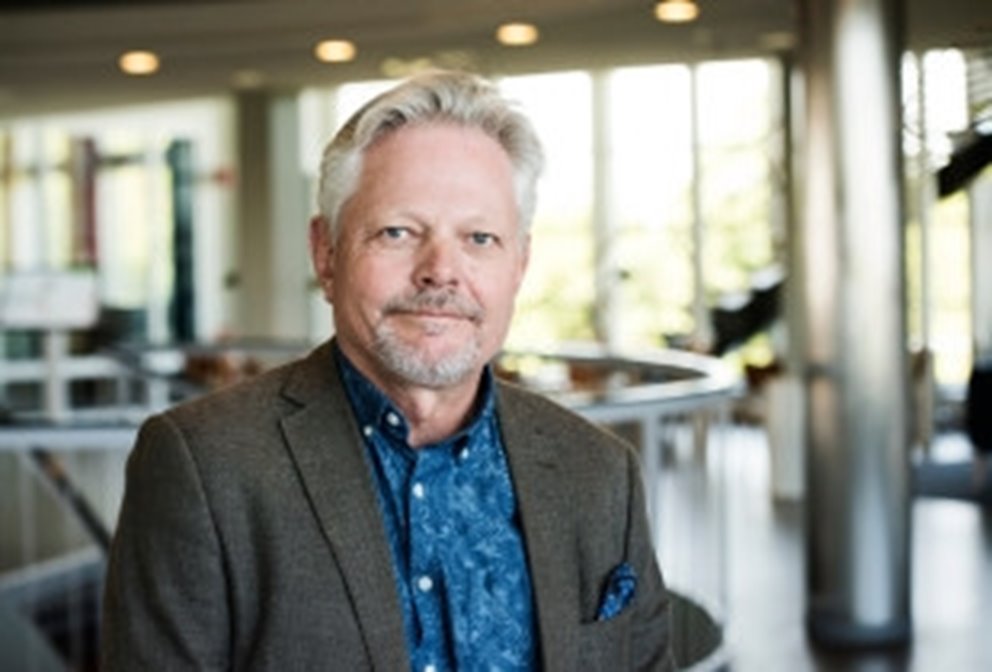
Pär Andersson
Technical product manager, Printing paper, Board products
+ 46 70 588 2143
pa......@sodra.com
Didn't find what you were looking for?
Use the search bar in the top menu or go to our contact page to find the right contact person.

